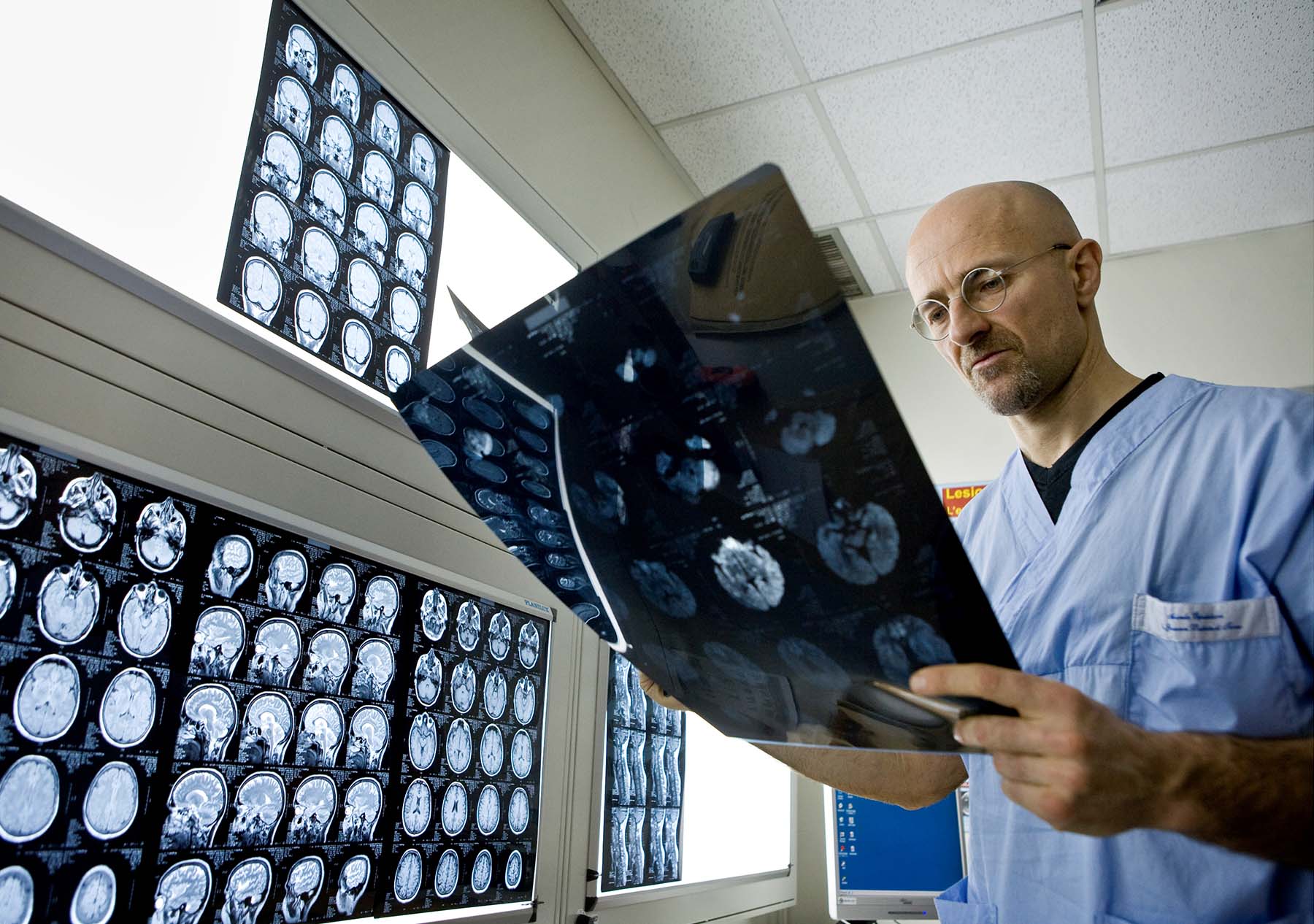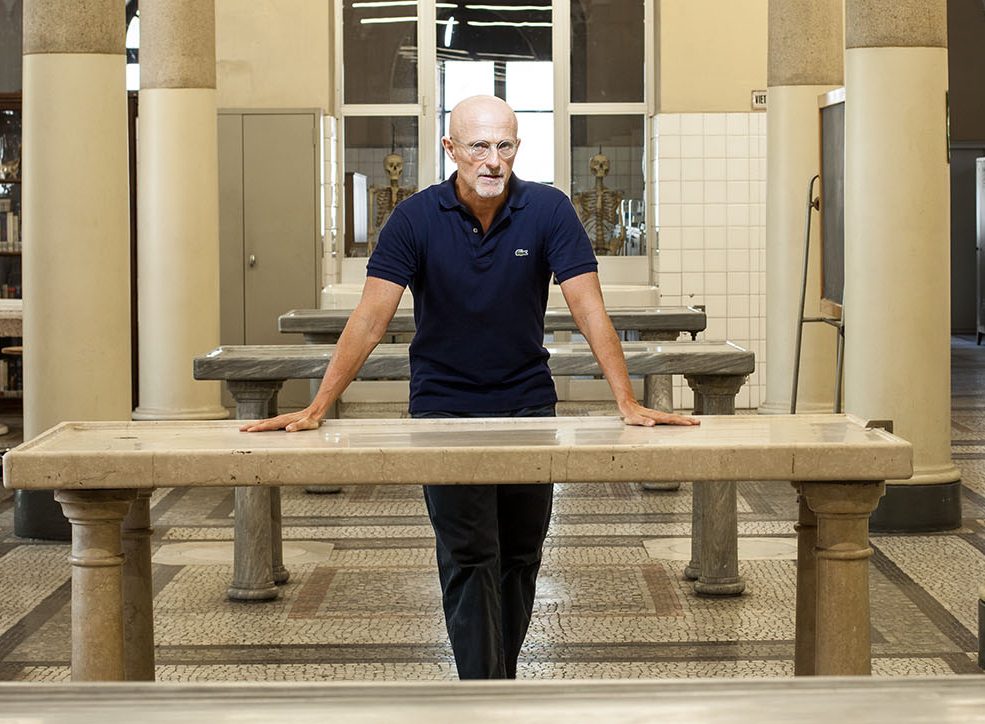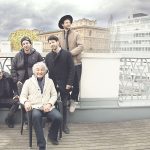
Are there already candidates?
Yes, there are numerous candidates. Which is not surprising, considering that many volunteers from all over the world came forward. However, the final decision is only made immediately prior to the operation, as it also depends on the body donor, who has to be compatible with the receiver in many ways.
THE WORLD’S FIRST HEAD TRANSPLANT WILL TAKE PLACE
IN LESS THAN 10 MONTHS IN HARBIN, CHINA.
THE FIRST HEAD TRANSPLANT PATIENT
WILL NOT BE RUSSIAN VALERY SPIRIDONOV
BUT A CHINESE CITIZEN.
THE NEXT STEP WILL BE
THE FIRST BRAIN TRANSPLANT.
Are you involved in the preparations?
Of course. However, Xiaoping Ren leads the team on site, which is necessary for several reasons, not least the language aspect. We talk on Skype on a daily basis and coordinate all steps. What Xiaoping Ren, who was also part of the team performing the US’ first hand transplant, accomplishes at his hospital is incredible.
One of the central problems that a head transplant poses is the challenge to reconnect the severed spinal cord in a way so that controlling the body and extremities through the nerves becomes possible again. Experts consider this problem impossible to solve.
This problem has now been solved. We published an article in the September 2016 issue of the scientific journal Surgical Neurology International in which we outline how we succeeded in fully restoring the functionality and motor activity of entirely severed spinal cords in mice using a fluid called Texas-PEG that was developed by a team at Rice University led by Prof. James Tour. In other words, the mice were able to run again, as the nerve cords were restored. I do not wish to preempt the publication, but I can say this: many controlled studies have been conducted in South Korea and China on a range of very different animals, and the results are unambiguous: the spinal cord – and with it the ability to move – can be entirely restored.
Are these results going to have an impact on people sitting in wheelchairs?
Based on the knowledge available today, we can assume that we will enter a new era, one that holds hope for many people.
If the first head transplantation is actually conducted, you will revolutionize medicine. What will be next?
The next step is already under way. We are currently planning the world’s first brain transplant, and I consider it realistic that we will be ready in three years at the latest. A brain transplant has many advantages: first, there is barely any immune reaction, which means the problem of rejection does not exist. The brain is, in a manner of speaking, a neutral organ. If you transplant a head with vessels, nerves, tendons and muscles, rejection can pose a massive problem. This is not the case with the brain. What may be problematic, however, is that no aspect of your original external body remains the same. Your head is no longer there; your brain is transplanted into an entirely different skull.
Does this not pose serious problems for the human psyche? Are we even capable of cognitively grasping such a situation? Are we able to handle it?
It creates a new situation that will certainly not be easy, but think about what that means.
A BRAIN TRANSPLANT MAY BECOME A REALITY
IN AS LITTLE AS THREE YEARS.
IT HAS MANY ADVANTAGES.
THERE ARE PRACTICALLY NO IMMUNE REACTIONS
OR REJECTIONS. WE COULD ATTEMPT TO
REAWAKEN CRYOGENICALLY FROZEN BRAINS.
What are you referring to?
Have you heard of the company Alcor?
You mean the American company that specializes in deep freezing and storing bodies after death?
Exactly. You preserve either the entire body or just the brain. The process is called vitrification. First, your body is frozen at minus 196 degrees Celsius; then, it is submerged in liquid nitrogen. That said, Alcor does not know how many of the company’s clients will be brought back to life. In interviews, spokespeople of the company tend to state that this task is one for the doctors and scientists of the future to solve. It is nice, though, that someone will know what to do with these frozen brains in 100 or 200 years. I have good news for them.
Namely?
We will try to bring the first of the company’s patients back to life, not in 100 years. As soon as the first human head transplant has taken place, i.e., no later than in 2018, we will be able to attempt to reawaken the first frozen head.
That means you aim to transplant one of the frozen brains into a donor body?
Precisely. We can try out whether the method works and whether freezing brains actually makes sense or if we can forget that entire approach.
More concretely, that means: after the (head) transplant is before the (brain) transplant. Once the first head is transplanted, you will turn to the brain?
The process is already under way. We are working on it in parallel.











